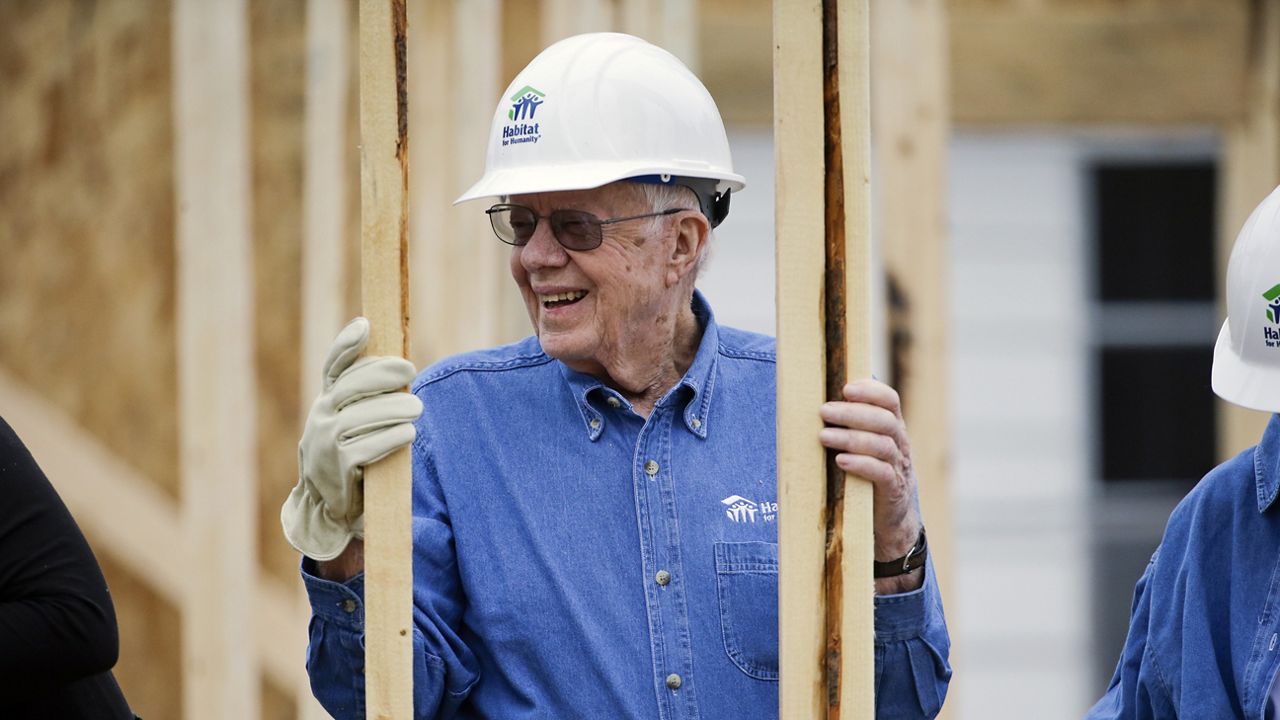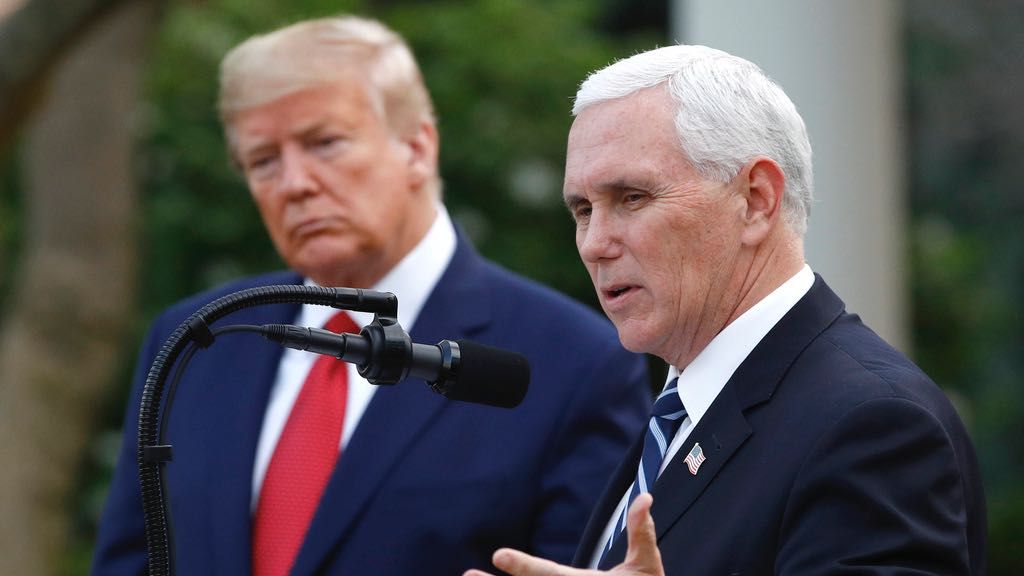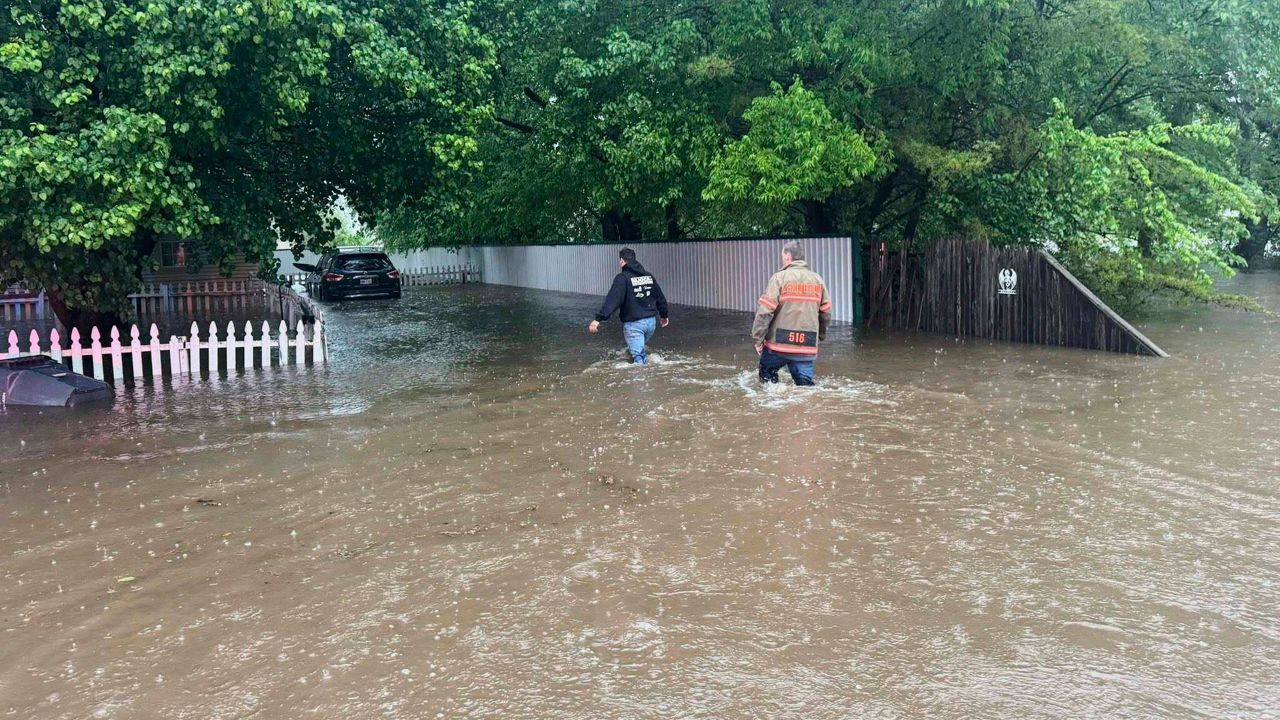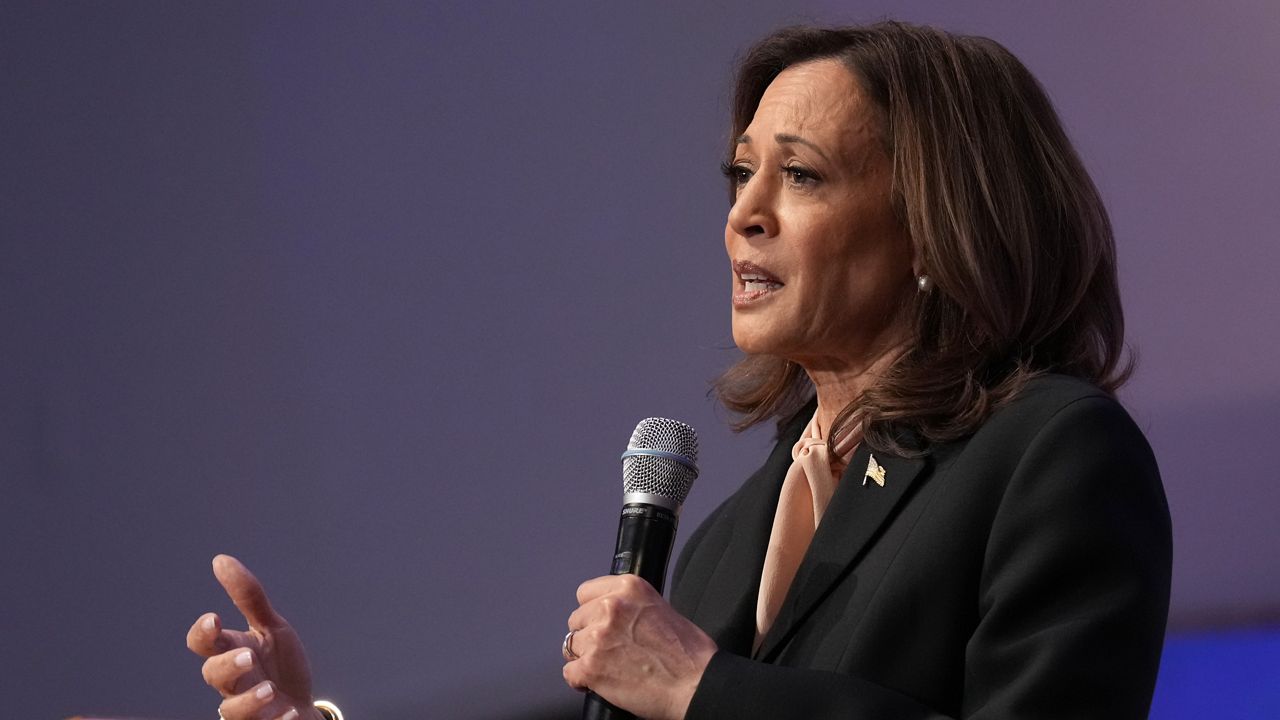Happy Birthday, Mr. President! Jimmy Carter, the oldest living former president, turned 97 years old on Friday.
"Happy 97th Birthday to my dear friend, President Jimmy Carter," President Joe Biden shared on Twitter alongside a photo of the two of them from years ago, signed by Carter. "A humble servant of God. A beacon of light and moral clarity. A leader of extraordinary character, honor, and integrity."
"[First lady Dr. Jill Biden] and I send our love to you and Rosalynn on this special day," Biden added.
Born in Plains, Georgia in 1924 — the first U.S. president to be born in a hospital — Carter was the oldest child of Lillian Gordy Carter, a nurse, and James Carter Sr., a farmer and businessman.
Carter attended public school in Plains before attending the U.S. Naval Academy, where he met the love of his life, Rosalynn Smith — the woman who eventually became the First Lady of the United States, and his wife of 75 years.
"I thought he was the most handsome young man I had ever seen," Rosalynn, 94, wrote in her 1984 memoir, "First Lady from Plains.”
The two went on their first date in 1945, when he was at home from the academy and she had completed her first year at Georgia Southwestern College.
“She’s the girl I want to marry,” Carter told his mother after their first date — and one year later, they did, shortly after his graduation in 1946.
The Carters are the longest-married presidential couple in U.S. history, ahead of former President George H.W. Bush and former first lady Barbara Bush, who were married for 73 years until her death in 2018.
Carter rose to the rank of Lieutenant in the U.S. Navy, serving as a submariner in both the Atlantic and Pacific fleets. He was selected for the nuclear submarine program and was assigned to do graduate work at Union College in Schenectady, New York, with the intention to work on the USS Seawolf, the second nuclear submarine. But after his father's death in 1953, Carter resigned his commission to take over his family’s businesses in Georgia. Carter became an influential leader in the community, even becoming a member of the school board in 1956 and later becoming its chairman.
Eventually, Carter was elected a Georgia state senator in 1962 before seeking the nomination to serve as the state’s governor in 1966. Though Carter lost the Democratic primary to Lester Maddox, who would go on to win the general election, the race catapulted him to statewide prominence and helped him in 1970 when he successfully sought the governorship.
As Georgia’s chief executive, Carter emphasized efficiency in government, reorganizing the state’s government to rein in bureaucracy.
“Not only did we make possible the savings of millions of dollars in administrative costs, we made the whole operation much more efficient and much more responsive to the needs of the people,” Carter told the New York Times in 1976. “I'm proud, really very proud of that.”
Carter also drew nationwide attention for vetoing a plan to build a dam along Georgia’s Flint River, a groundbreaking decision at the time. Carter determined that the Army Corps of Engineers underestimated the environmental impact on the region, as well as the cost of the project.
On Dec. 12, 1974, Carter announced that he would seek the Democratic nomination to run for president in the 1976 presidential election. Carter was considered an underdog at first against candidates with stronger name recognition, but after strong performances in the Iowa caucuses and the New Hampshire primary, he built a strong coalition in Southern states and won the nomination.
Choosing Minnesota Sen. Walter Mondale as his running mate, Carter went on to challenge then-President Gerald Ford, the first unelected president to take office after Richard Nixon’s resignation in 1974.
Carter ran as an outsider to Washington and a reformer, taking advantage of Ford’s unpopular pardon of Nixon in Sept. of 1974, as well as a poor economy and the fall of South Vietnam to win the 1976 presidential election — the first time in 44 years that an incumbent president was defeated.
As president, Carter left a complicated legacy – he created two new Cabinet positions, the Secretary of Energy and the Secretary of Education, negotiated the Camp David Accords between Egypt and Israel, which led to the 1979 peace treaty between the two nations, oversaw the normalization of relations with China, and negotiated the Strategic Arms Limitation Talks (SALT II) treaty with the Soviet Union.
But he also faced a number of domestic issues, including his controversial unconditional pardon to the hundreds of thousands of Americans who evaded the draft for the Vietnam War, the 1979 energy crisis and economic “stagflation,” and on the world stage, the Iranian Hostage Crisis was a major test for his administration.
When Carter sought reelection in 1980, he faced a tough primary challenge from Massachusetts Sen. Ted Kennedy and a brokered Democratic National Convention, and eventually lost to his Republican challenger, Ronald Reagan, who won in a landslide, capturing 44 states and 489 electoral college votes, as well as a 9.7% margin in the popular vote.
After the presidency, the Carters returned to Georgia. In 1982, alongside Atlanta’s Emory University, the Carters founded The Carter Center, a nonprofit, nongovernmental organization based “on a fundamental commitment to human rights and the alleviation of human suffering” seeking “to prevent and resolve conflicts, enhance freedom and democracy, and improve health."
The Carter Center has observed 113 elections in 39 countries since 1989, and has also mediated conflict in a number of countries, including Ethiopia and Eritrea, North Korea, Bosnia and Sudan. The center has also worked to advance human rights worldwide.
Carter received the Nobel Peace Prize in 2002 for his work with the Carter Center “to find peaceful solutions to international conflicts, to advance democracy and human rights, and to promote economic and social development.”
Carter has remained active in politics since leaving the White House, offering counsel to, and criticism of, his successors, but largely stayed out of the public spotlight.
The Carters also have a long history with the charity Habitat for Humanity. Through their annual Jimmy and Rosalynn Carter Work Project (due to the ongoing COVID-19 pandemic, the 2020 and 2021 events did not take place), the Carters have helped to build, renovate and repair 4,390 homes in 14 countries alongside more than 104,000 volunteers through their annual work project, according to Habitat for Humanity.
Carter built homes in New Jersey in the aftermath of Hurricane Sandy, and even participated in a Habitat event at 95 after suffering a fall in his home, which required stitches.
“I had a number one priority and that was to come to Nashville and build houses,” Carter told a crowd of volunteers.
Carter’s staunch Christian faith — he taught Sunday school about twice a month at Maranatha Baptist Church in his hometown of Plains, though he stopped in recent years — led to his love of service with Habitat.
“Seeking to put God’s love into action, Habitat for Humanity brings people together to build homes, communities and hope,” Carter said, adding: “One of the best ways to practice my faith as a Christian is to participate in Habitat every year.”
The former president was diagnosed with melanoma that had spread to his liver and brain in 2015 but underwent treatment and announced he was cancer-free four months later. He has had a string of falls, including one that left him with a broken pelvis in October 2019, and has used a walker when in public most recently.
Carter appeared in an ad campaign earlier this year promoting COVID-19 vaccinations alongside former presidents Bill Clinton, George W. Bush and Barack Obama.
“I’m getting vaccinated because we want this pandemic to end as soon as possible,” Carter said in the ad.
Former president Carter is celebrating his 97th birthday at his home in Georgia, according to an aide. He does not have any public appearances planned, according to a Carter Center spokesperson.
Members of the public can sign former President Carter's birthday card on the Carter Center's website.
The Associated Press contributed to this report.








